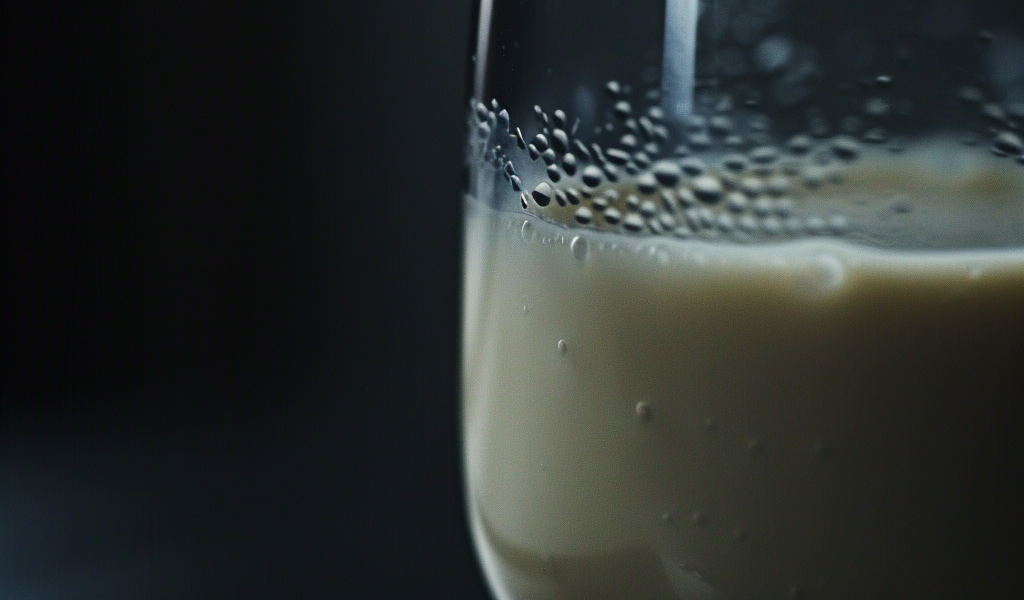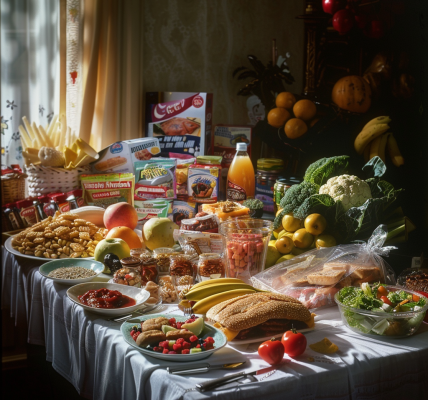Raw milk enthusiasts are defiant in the face of warnings from health experts as an outbreak of H5N1 bird flu ravages US dairy cows. Despite the heightened risks associated with drinking raw milk during this crisis, advocates of raw milk consumption remain undeterred.
The Raw Milk Institute in California dismissed the warnings as fearmongering, with its founder, Mark McAfee, revealing that customers are actively seeking out raw milk from H5N1-infected cows under the belief that it will provide them with immunity to the virus, a claim lacking any scientific basis.
Experts caution against such reckless behavior, with Michael Payne, a researcher at UC Davis, condemning the notion of deliberately exposing oneself to a known pathogen as akin to playing Russian roulette with health. The risks associated with consuming raw milk from infected cows are substantial, with the USDA confirming cases of H5N1 in multiple herds across nine states.
The transmission of the virus among cattle has raised concerns, particularly as cows’ mammary glands serve as primary targets for the pathogen. Recent findings indicate that these glands contain molecular receptors that facilitate infection by a variety of flu viruses, including those affecting humans. This raises the alarming possibility of new, virulent strains emerging from infected dairy cows.
Given the abundance of H5N1 viral particles in raw milk from infected cows, health authorities are urging caution and advocating for the avoidance of raw milk consumption during this outbreak. The potential consequences of ingesting raw milk contaminated with the virus are severe, underscoring the importance of heeding expert advice and prioritizing safety.





